Even with the time, money, and legal pitfalls at stake, Apple isn't talking to Qualcomm about resolving the businesses' worldwide legal battle, a report claimed on Wednesday.
No discussion is happening "at any level," a source informed Reuters. "There is absolutely no meaningful discussion taking place between us and Qualcomm, and there is no settlement in sight. We are gearing up for trial."
The language of the quote suggests a person within Apple or a hired legal team.
Any wall of silence appears to be a recent development. As recently as July, Qualcomm CEO Steve Mollenkopf told investors that talks were ongoing.
Apple first filed a $1 billion lawsuit against Qualcomm in January 2017, arguing that the latter was withholding money as retaliation for cooperation with antitrust investigations. The battle quickly escalated, resulting in suits and countersuits around the world. In September, Qualcomm accused Apple of delivering trade secrets to Intel to improve the performance of cellular modems.
A recurring theme is the accusation that Qualcomm has abused its market dominance to make chip buyers sign unfair patent deals. This claim has in fact been the subject of separate government antitrust investigations, conducted by the U.S., Taiwan, and South Korea. An August settlement saw Qualcomm pay $93 million in fines to Taiwan and promise to invest $700 million in the country over five years.
The U.S. Federal Trade Commission's lawsuit actually precedes Apple's, and reached a critical turning point on Tuesday when District Judge Lucy Koh issued a preliminary ruling against Qualcomm, calling on it to license technology to rivals like Intel. Qualcomm and the FTC have been pursuing a settlement.
To put pressure on Qualcomm, Apple has been directing its manufacturers to withhold royalty payments, potentially in excess of $7 billion.
Apple was for years in an exclusive agreement with Qualcomm for iPhone modems. Though Qualcomm modems are still thought to be technically superior, Apple began using Intel chips with some versisons of the iPhone 7, and transitioned completely for the iPhone XS and XR.
 Roger Fingas
Roger Fingas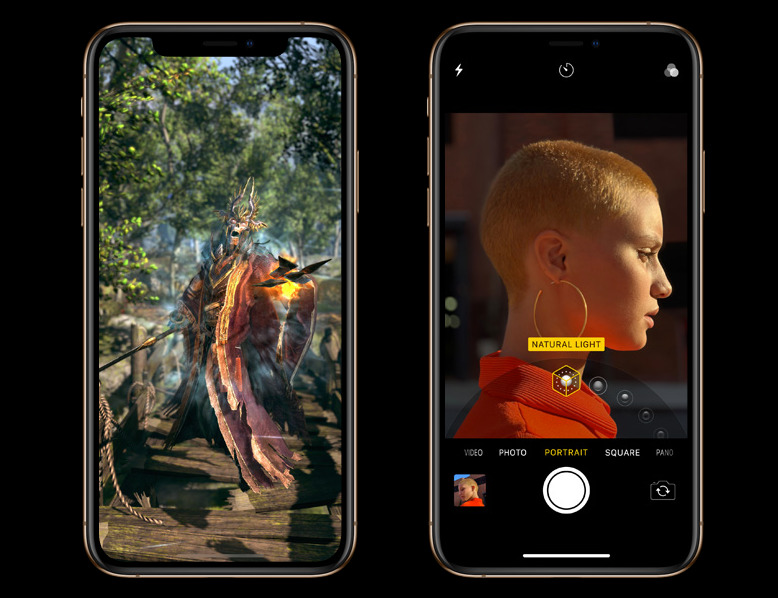







-m.jpg)






 Christine McKee
Christine McKee
 Chip Loder
Chip Loder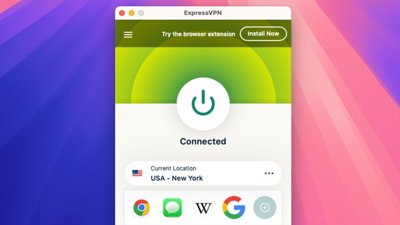
 Malcolm Owen
Malcolm Owen
 Marko Zivkovic
Marko Zivkovic
 Wesley Hilliard
Wesley Hilliard


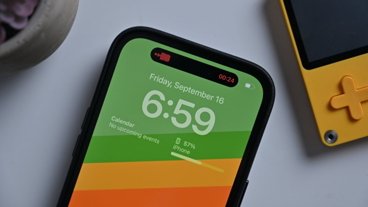
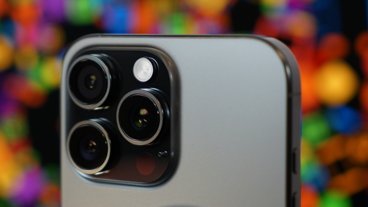
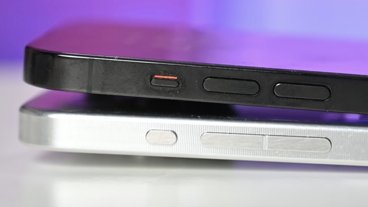


-m.jpg)
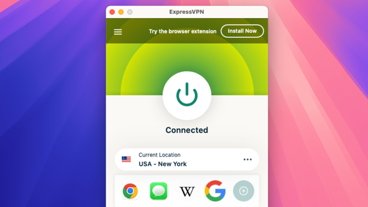



7 Comments
What happens if QC loses the
There are some pretty fundamental IP rights questions being asked...
I’m not a fan of patent trolls, but QC actually does make things...
Forcing QC to license their IP is extreme considering there are viable competitors, as Intel has shown.
The words “voluntary” and “request” stands out. The FTC’s preliminary ruling uses the words “calling” rather than “ordering”.
I’m in no way defending QC’s business model, which resembles “blackmail” to doubledip but there’s a reason QC was able to essentially buy forgiveness outside the US.
Very interesting case...
This is a dangerous game for all involved. It’s impossible to predict what the court will decide.